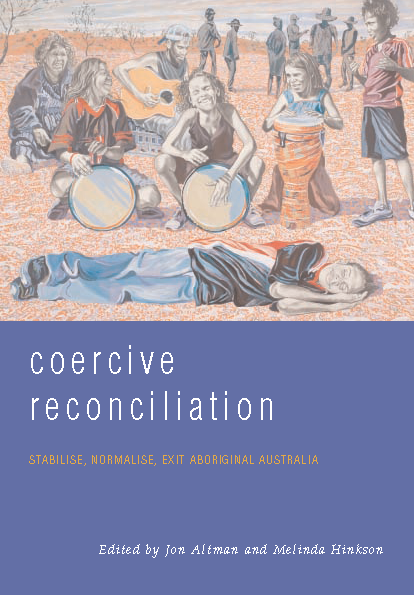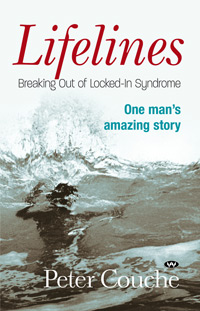Archive
‘Poetically we dwell …’ Heidegger wonderfully essayed, borrowing a phrase from Hölderlin. The phrase has been in me for a long time, feeding notions of how poetry might be inseparable from a form of life. When I was writing books connected with Aboriginal culture, the poetry seemed to come out of the ground, almost literally. There, in the performance of sacred song, with each step and syllable, a poetic existence was acted out, and all in the open air, a singing of the body in the public place. The ground and the body were painted, but there was no writing to speak of. The poem was voiced from the Dreaming, the poetic key to reality, as W.F. Stanner put it. Everything was vitally connected with everything else.
Lately, I have found myself taken up with a poetic dwelling that belongs indoors or, if not inside, then along a set of thresholds, and with such refinements and thorough literariness, that it presents a whole other illustration of Heidegger’s maxim. For it seems that a thorough-going model of poetic dwelling can be found not just on the ceremonial grounds of the archaic, but in the exquisite routines of the pre-medieval court in Japan, or more particularly, in the world of the shining prince of eleventh-century Kyoto, where, for a hundred years or so, women excelled in the most passionate brushwork, writing their Japanese freely in the tremulous air, you might say – air left to them by the men whose official duties and exclusive rights to formal education obliged them to inhabit the Chinese language.
... (read more)For decades the Bulletin had lurched from one prediction to another of its decline or demise. ‘The Bulletin is a clever youth,’ its co-founder, J.F. Archibald, famously predicted. ‘It will become a dull old man.’ In 1946 a ‘Letter to Tom Collins: Demise of the Bulletin’, by the philologist Sidney J. Baker, appeared in Meanjin. In 1961 the Bulletin unknowingly published Gwen Harwood’s sonnets which contained an acrostic, ‘so long bulletin’.
The execution, when it finally came, was swift. On 24 January 2008, staff were told the magazine would cease publication immediately. A bloodless press release followed. There was no poetry, no clever literary hoax, not even the dignity of one more issue to farewell the readers.
... (read more)300 and all that!
Next month marks the 300th issue of ABR. We’re feeling very generous as we approach this milestone. We invite current subscribers to give away a free six-month subscription to ABR when they renew. This is your chance to introduce a friend or colleague to ABR (recipients of these gifts must not be current or recently lapsed subscribers). All you have to do is to complete the cover sheet accompanying the March issue or contact the Office Manager on (03) 9429 6700 or This email address is being protected from spambots. You need JavaScript enabled to view it.. Any current subscriber can take up this special offer if they renew now: your subscription doesn’t have to lapse this month for you to be eligible.
... (read more)(for the siblings)
they are there on the cusp of a
little hill, in the trampled splendour
of a suburban yard. they are three,
elephantine trunks standing against a
background of untidy sky, their oily
confidences drab on Escher limbs,
and the still bricks and lost pickets
heighten the haecceity of these three.
I go and sit with them often. I sit
between them, face to a bleary just-risen
moon and while breathing deeper and deeper
I find a kind of un-stringed puppetness
owning me. everything around them is
not tinted, a landscape of slow bleeds
Coercive Reconciliation: Stabilise, normalise, exit Aboriginal Australia edited by Jon Altman and Melinda Hinkson
sampling Jeffrey Harrison’s ‘Danger: Tulip’,
from Ploughshares, Winter 2006–07
Was I hoping to find my way to the creek, loud
with unseasonal rain, and to see, perhaps,





